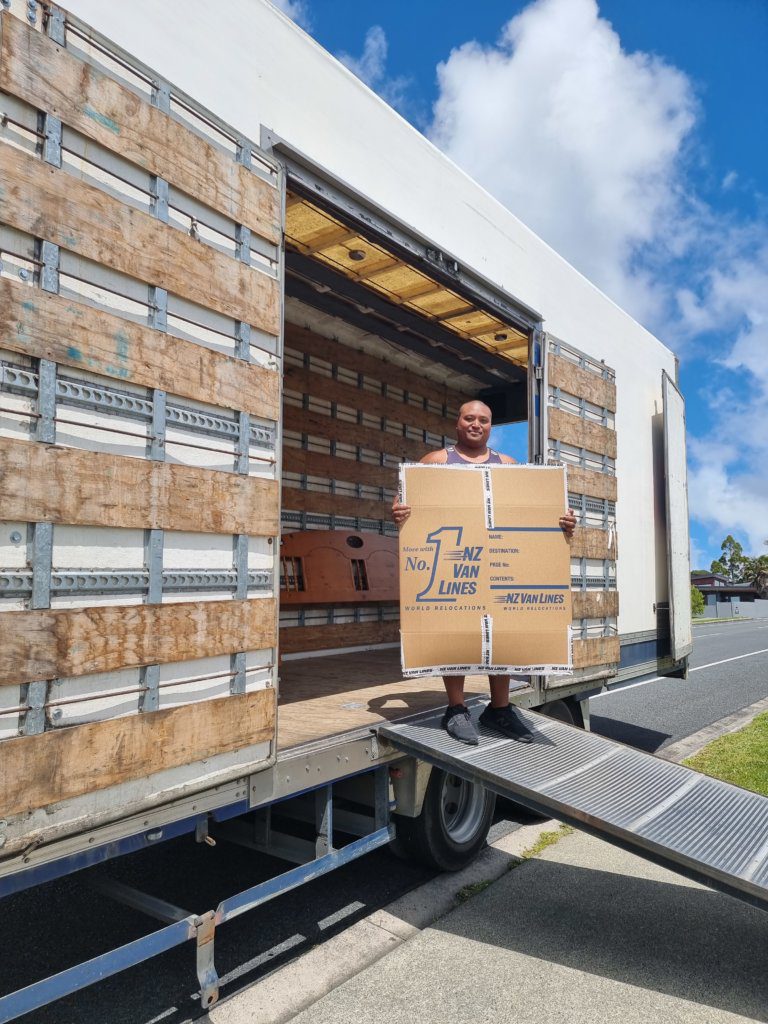Lump Sum Relocations
Lump Sum Relocation Packages
Moving employees can be a complex and expensive exercise. Today more and more New Zealand companies are reviewing their relocation policies and deciding what type of relocation package they should offer. Many are moving from the provision of a full-service relocation programme to a lump sum version, or a combination of both.
Lump sum relocation programs are nothing new. Most commonly lump sum reimbursements are provided by employers for domestic one-way moves and permanent or long-term international relocations. A lump sum is defined as a cash payment made to a relocating employee. The intention is to cover all or a portion of relocation costs that would otherwise be managed directly by the employer.
How Are Lump Sum Payments Distributed?
NZ Van Lines advise any company considering a shift to lump sum payments to firstly discuss the tax implications with their finance team. In general terms an unencumbered lump sum payment is subject to PAYE. These are often grossed up by the employer. Expenses that are on the IRD list of eligible relocation expenses can be re-imbursed tax free. The payment must reflect the actual cost. Costs must be incurred before the end of the tax year after the employee relocates.

Why companies Choose Lump Sum?
THE Challenges Of a Lump Sum Approach
A stand-alone ‘no frills’ lump sum package may not be the most attractive option if other companies are offering more focused and personalised relocation plans. In assessing the merits of their current and / or future employers the younger generation are placing high importance on company culture. A lump sum relocation offer, subject to PAYE may not communicate they are highly valued by the employer.
It’s well known that moving home is one of life’s most significant stressors. Employees offered a lump sum relocation are unlikely to be fully aware of the actual costs. There is a lot to consider including PAYE, removals, storage, insurance, real estate costs, travel, transit accommodation, pets, vehicles, cleaning, bonds etc. Many will either scrimp on costs or face a monetary shortfall. In the event of cost blow-outs there is the possibility of a corresponding negative impact on the employment relationship.
When employees are busy trying to organise and manage their relocation it leaves little time to concentrate on doing their job or preparing for a new position. Without guidance and access to company pricing they will not have the same benefits or level of priority their employer can achieve through a managed programme. This can result in higher costs, lost productivity, and additional sick or leave days being taken to ‘self- manage’ their move.
NZ Van LineS Recommendation
At NZ Van Lines we are well versed in the provision of ‘lump sum’ removal and storage services to the employees of our government and corporate partners. All transferees directed to NZ Van Lines will have access to the same level of priority and pricing as their employer. If cost over runs occur, we are happy to reduce stress levels and potential conflict by facilitating split invoices and billing both the company and employee, for their share of the cost.
Get in contact with us
"*" indicates required fields
Unrivalled Quality at Competitive Prices
- Trusted by New Zealand’s biggest corporate and government movers
- A one stop moving company offering global and nationwide services
- Simple, efficient tailored services that work for your organisation
- Specialists in big relocation projects and large volume moving
- A dedicated team of moving experts who genuinely care
